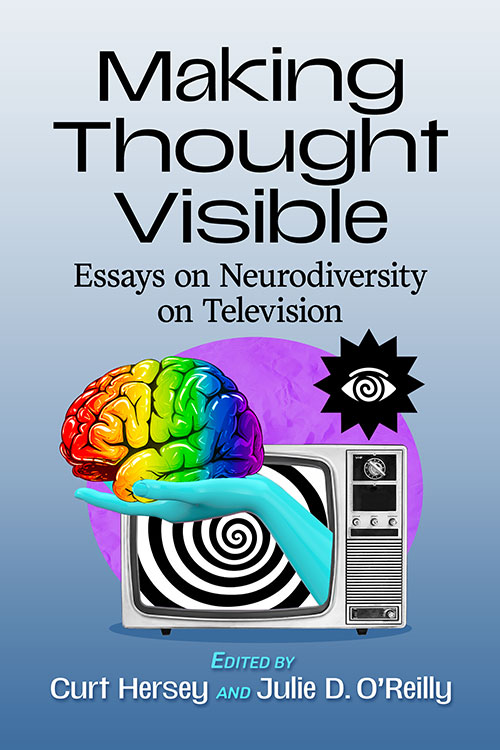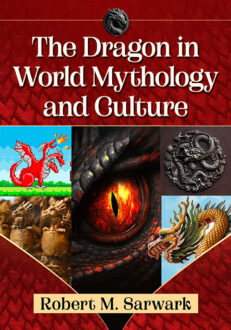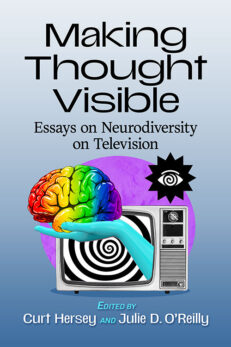Making Thought Visible
Essays on Neurodiversity on Television
$65.00
Available for preorder/backorder
About the Book
Since the early 2000s, television has expanded its representation of neurodiversity, a term once only associated with autism but now embraced by many whose developmental trajectory has been deemed atypical. For example, individuals who experience bipolar disorder, depression, synesthesia or obsessive-compulsive disorder may also identify as neurodiverse. This collection is the first to exclusively explore the portrayal of neurodiversity on television, a medium that offers viewers, through episodic and serial storytelling, multiple opportunities to see themselves in and/or empathize with characters. The contributors analyze television’s attempts to make thought—how individuals cognitively process the world around them—visible, evaluating the quality and verisimilitude of TV’s neurodiverse representations and its impact or potential impact on audiences.
Examined themes include the muting of neurodiverse voices, madness as power, diagnosis vs. lived experience, dual diagnosis, reactions to “atypical” behaviors, the cultivation of attitudes towards autistic individuals, and translanguaging across global series. Television texts analyzed include Young Sheldon, The Good Doctor, Legion, the Star Trek universe, Euphoria, True Detective, Girls, Bungo Stray Dogs, and Love on the Spectrum. The varied theoretical and methodological approaches employed by the contributors present an appropriately complex analysis of this complex subject.
About the Author(s)
Bibliographic Details
Edited by Curt Hersey and Julie D. O’Reilly
Format: softcover (6 x 9)
Pages:
Bibliographic Info: notes, bibliography, index
Copyright Date: 2025
pISBN: 978-1-4766-9156-5
eISBN: 978-1-4766-5531-4
Imprint: McFarland





